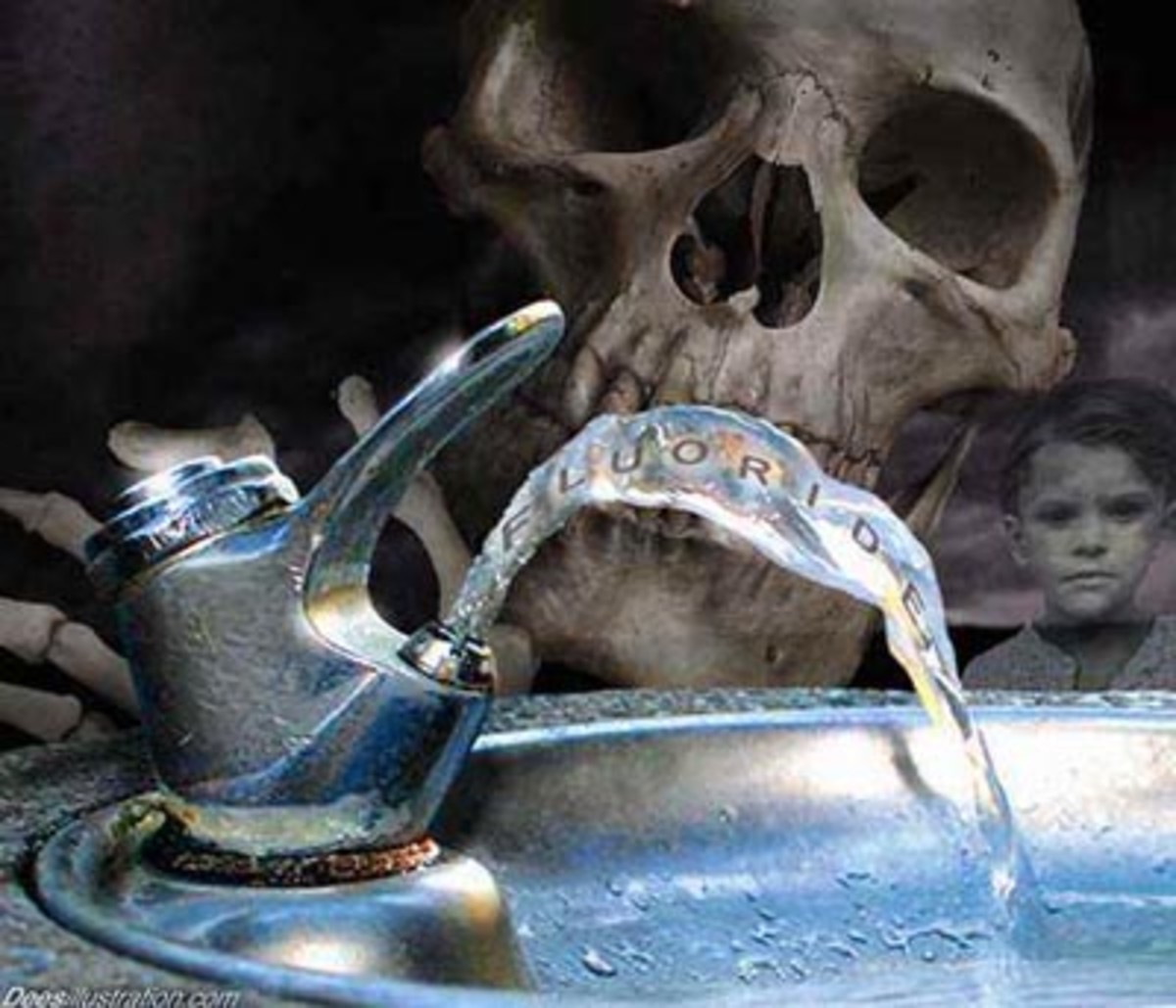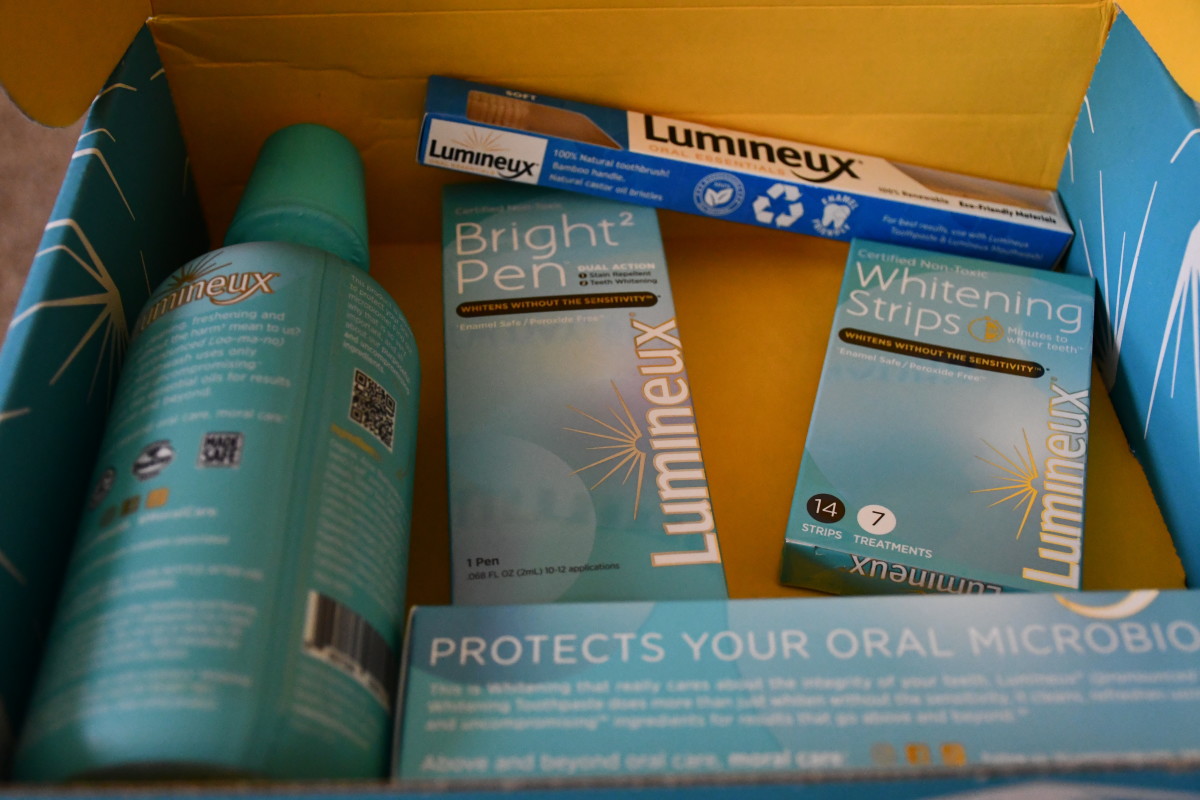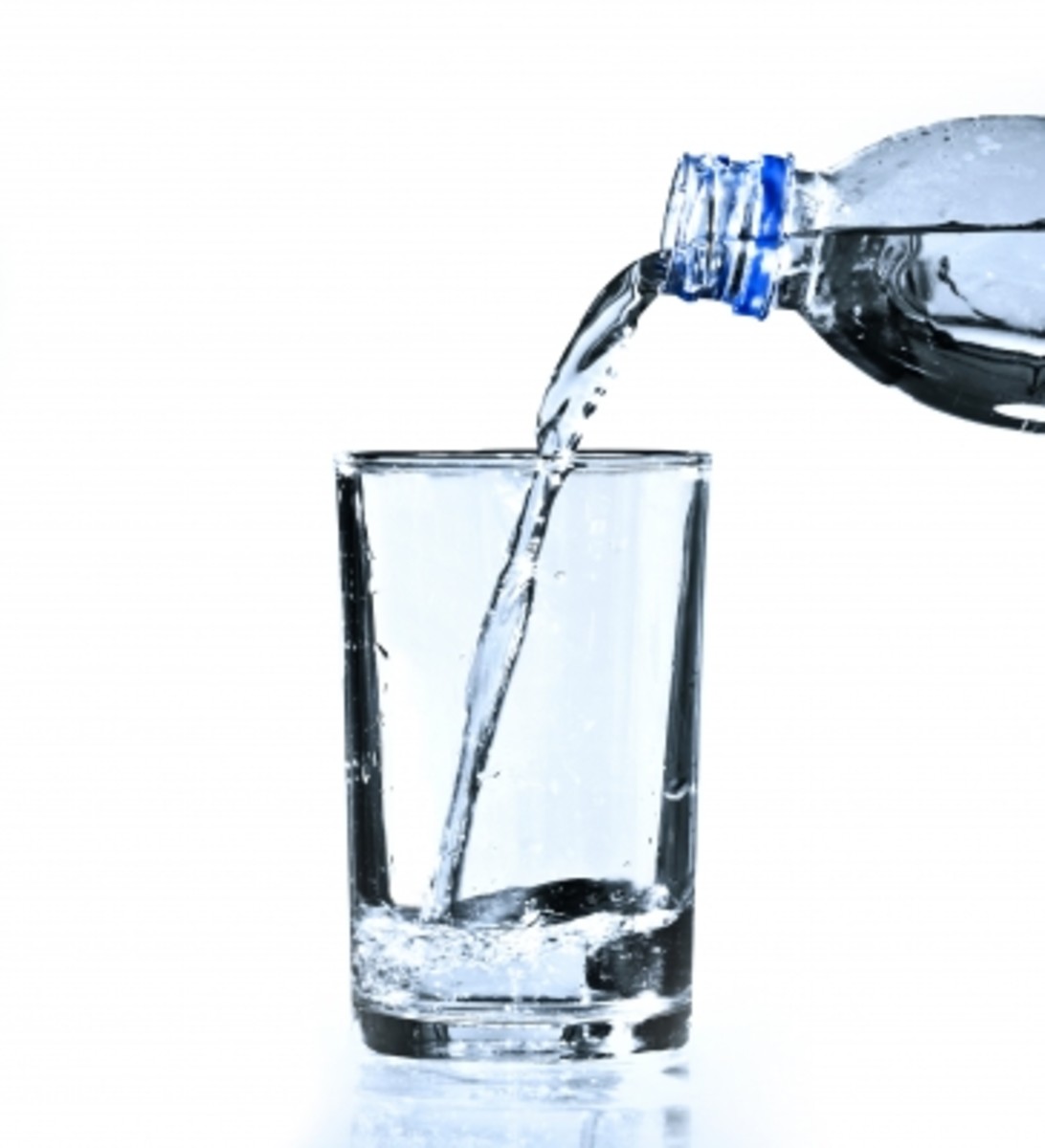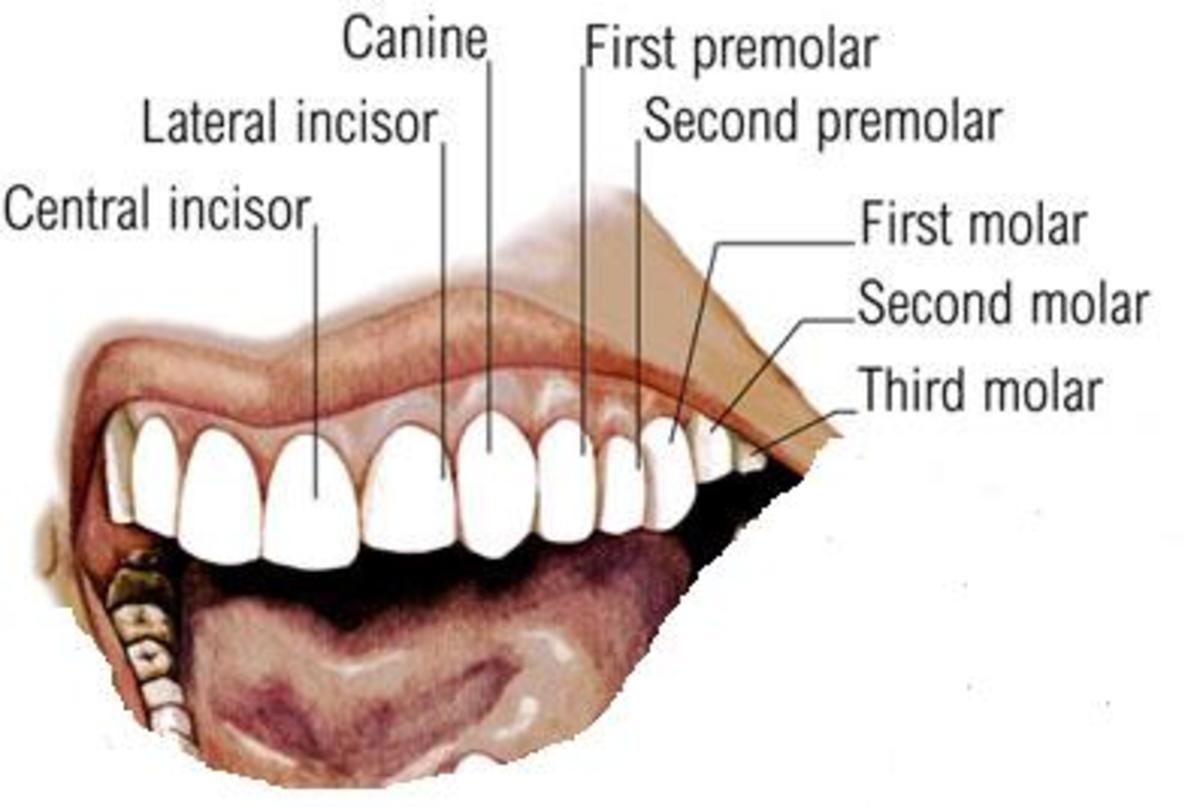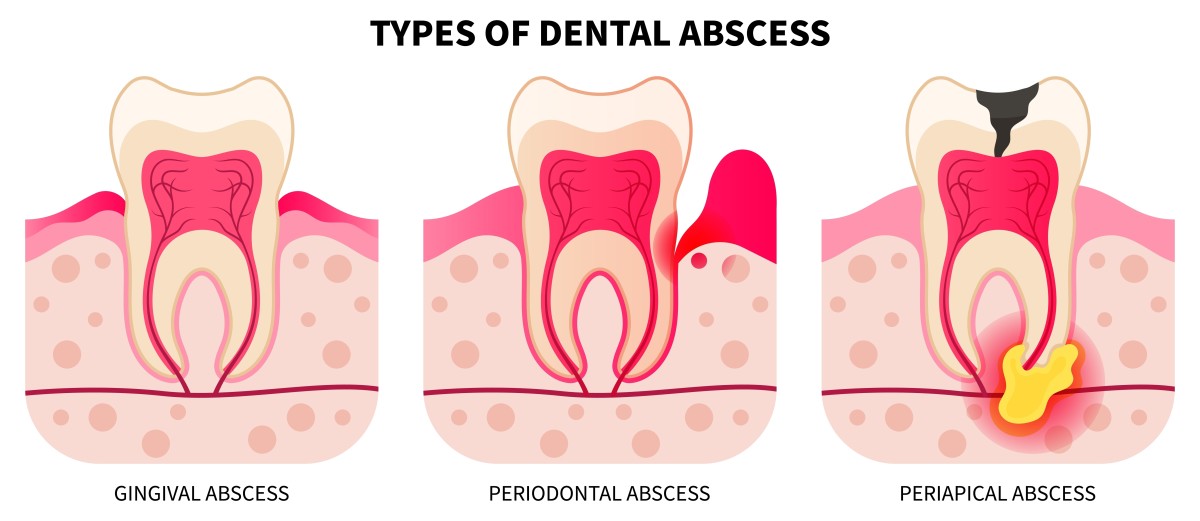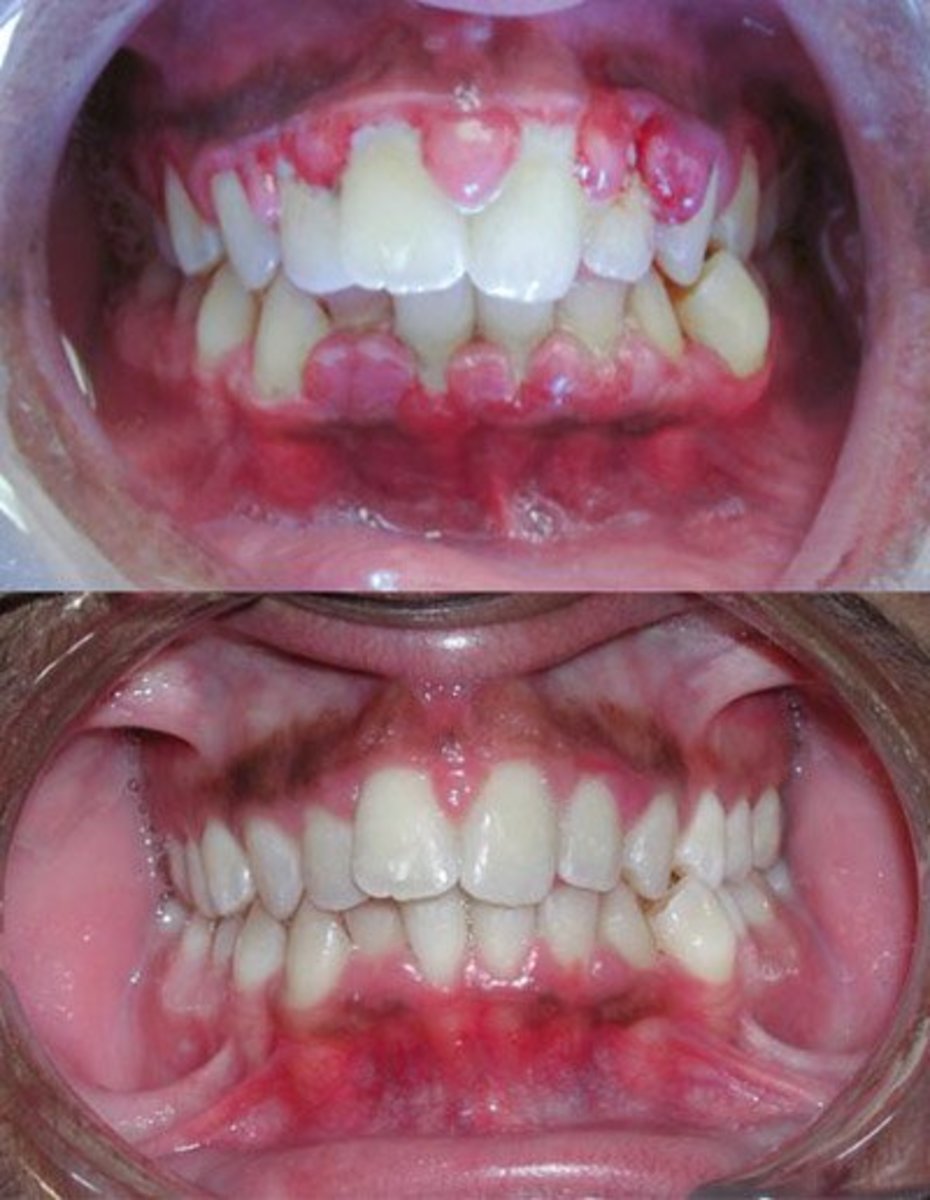How to Take Care of Your Teeth and Avoid Dental Caries
Enamel and Dentine Parts of a Tooth Dissolve
Dental caries occur when the mineralized enamel and dentine parts of a tooth dissolve due to acid resulting in cavity or a break in the tooth surface. The enamel and dentine are the parts that form the crown and root of the tooth respectively.
The cavity will only form if the rate of dissolving the mineralized enamel and dentine is higher than the rate of deposition of minerals from saliva into the tooth. If you are eating a lot of refined carbohydrates, then cavity is very likely to occur in your teeth. Other than refined carbohydrates, the amount of oral bacteria which are always in the mouth will contribute to development of cavity.
Signs of Dental Caries?

Dental Fluorosis or Brown Teeth
In the development of teeth, the intake of correct minerals in the diet is crucial as it enhances the quality of tooth structure. Calcium is one important mineral in the development and mineralization of teeth. Small quantity of fluoride intake will also improve the quality of tooth structure, and a good tooth structure will reduce the vulnerability of the tooth to dental caries. Too much fluoride and strontium can cause dental fluorosis or brown teeth. Fluoride is usually contained in water originating in volcanic soils, hills and mountain. Fluoride intake is through water, food and fluoride containing cleaning agents and toothpastes.
teeth whitening
High Sugar Content and Sticky Foods
Foods with high sugar content and sticky foods are the worst as they will stick to the teeth. These sticky foods together with dental plaque hold lactic acid produced by bacteria close to the tooth surface resulting in the demineralization of the enamel.
Too Much Fluoride and Strontium
In the development of teeth, the intake of correct minerals in the diet is crucial as it enhances the quality of tooth structure. Calcium is one important mineral in the development and mineralization of teeth. Small quantity of fluoride intake will also improve the quality of tooth structure, and a good tooth structure will reduce the vulnerability of the tooth to dental caries. Too much fluoride and strontium can cause dental fluorosis or brown teeth. Fluoride is usually contained in water originating in volcanic soils, hills and mountain. Fluoride intake is through water, food and fluoride containing cleaning agents and toothpastes.
Dental Caries Can Cause Malnutrition
Dental caries can cause a child to develop malnutrition as the child is unable to chew food properly due to pain caused by a break in both the enamel and the dentine. Check the teeth of your children for cavities so that you can seek professional help from a dentist. Healthy teeth should have no cavities; the gums should be firm and normal in colour blue - black or pink. The gums should have no pus, inflammation or redness.
Below Normal Body Calcium Levels
Persistent bad breath and red tender, or easily bleeding gums may be a sign of gum disease. If you experience any of these, consult with your dentist as gingivitis is reversible if detected early. If you suspect you have a gum disease and a below normal body weight, consult with your doctor (not a dentist) for your body calcium levels. If the calcium levels are below normal values, let your doctor tell you why - you may have to avoid all foods made from wheat! Giving you a prescription of calcium supplements may help but not be sufficient.
Genetics control the tooth structure and by extension it also controls dental caries.
The hubber's website, the Secret of Making Money in the Stock Market, is designed to help beginners and average readers make money online - details of which you can find in my profile here, if you will.
Related Articles
- Man’s Dental Formula and the Eruption of Teeth
- How Often Should You Brush Your Teeth
- How to Avoid Gum Disease Gingivitis and Periodontitis
- How Tooth Decay is Treated
- How to Avoid Tooth Abscess
- How Often Should You Replace Your Toothbrush?
- Your Teeth and Pregnancy
- How to Brush Your Teeth and Fight Bad Breath


